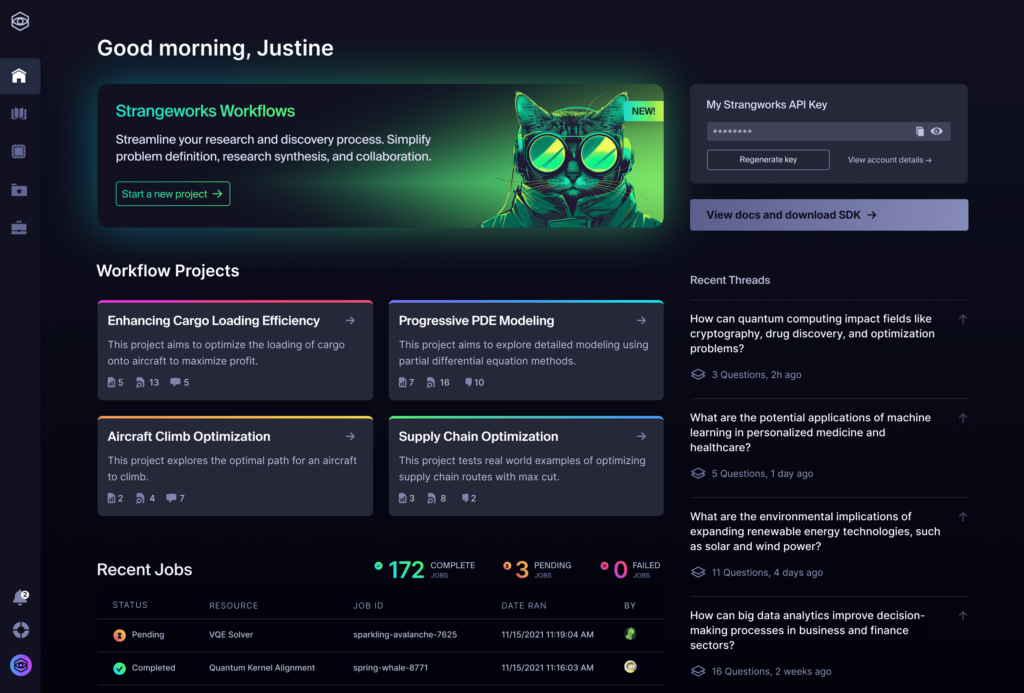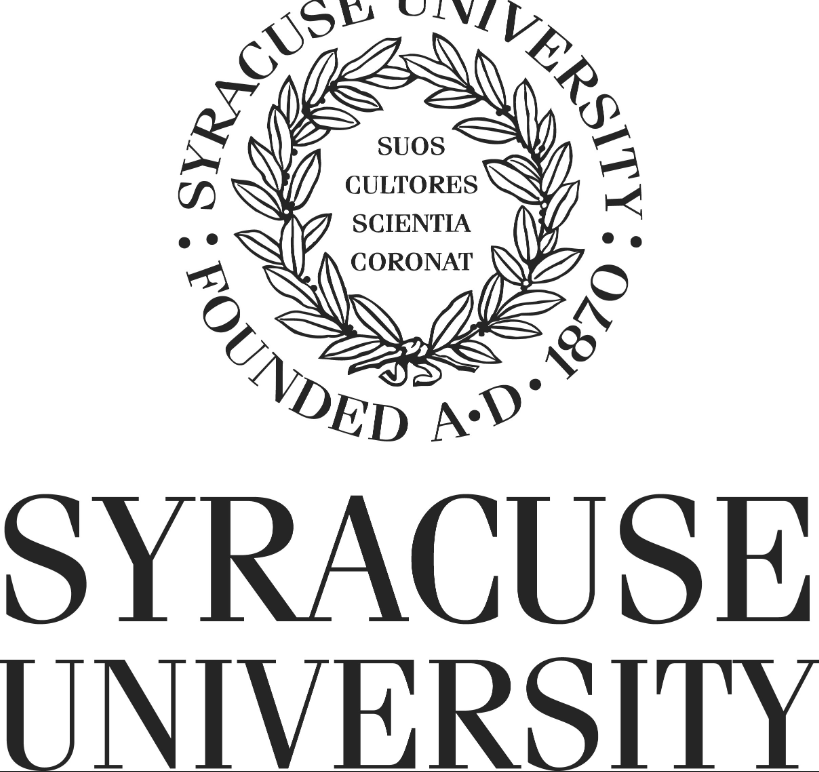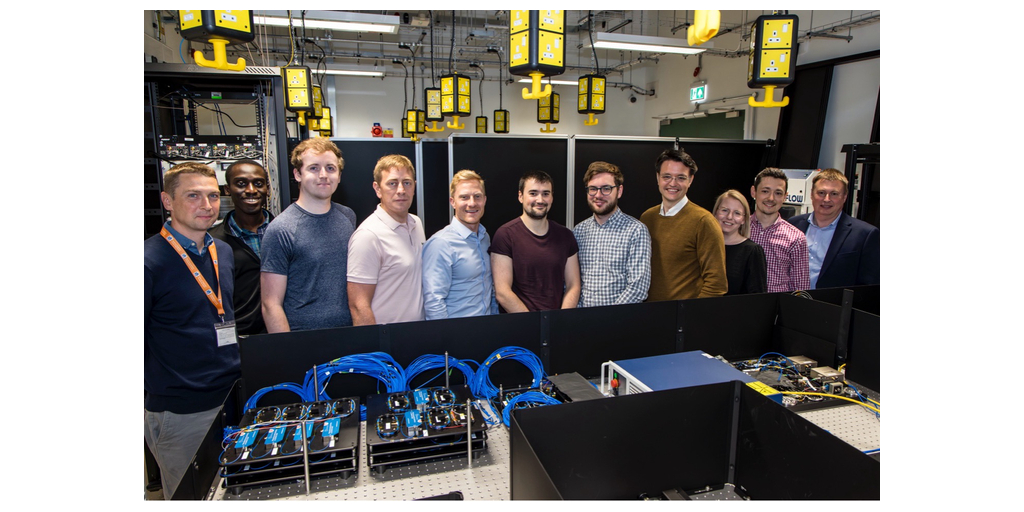Insider Brief
- The JiuZhang quantum computer series reportedly solved a complex mathematical problem in a mere millionth of a second.
- The photonic quantum computer arrived at a solution to a boson sampling problem 20 billion years quicker than a supercomputer.
- While the Chinese team continues to set records in boson sampling, some scientists wonder whether this will lead to quantum advantage in practical applications.
The fast-moving realm of quantum computing just got faster as scientists in China unveil the latest results from the JiuZhang photonic quantum computer series, which reportedly solved a complex mathematical problem in a mere millionth of a second. According to a recent story in the South China Morning Post, the feat outpaces the world’s fastest supercomputer by a staggering margin, performing the calculation over 20 billion years quicker than its supercomputer colleague.
The research team, spearheaded by the Pan Jianwei from the University of Science and Technology of China in Anhui province, introduced the JiuZhang 3 prototype, which surpassed the record set by its earlier version with a calculation speed that’s accelerated by a factor of one million. The researchers released their findings in a paper published in the Physical Review Letters on Tuesday.
Pan Jianwei is often referred to as the father of China’s quantum program.
Named after an ancient Chinese mathematical text, the JiuZhang series uses photons as the computational medium and leverages the fundamental quantum information unit: the qubit. The JiuZhang series has developed significantly over the last few years. With the inaugural JiuZhang machine in 2020 utilizing 76 photons, and its successor operating with 113, the latest iteration has 255 photons, the SCMP reports.

This advance in photon utilization was implemented to navigate a perplexing problem grounded in Gaussian boson sampling, a paradigm that simulates the intricate behaviors of light particles as they traverse through a complex labyrinth of crystals and mirrors. Originally conceptualized as essentially a purposeless physical game, recent scholarly investigations suggest that boson sampling could harbor potential applications in the intricate field of cryptography, according to the news site.
The latest news about JiuZhang 3 solidifies China’s position as a global quantum leadership. The international photonic quantum space has several leaders, though, including Xanadu, a Toronto-based company. Xanadu, for instance, writes in 2022 that its Borealis photonic QC has 216 squeezed-state qubits — and it’s available on the public cloud.
Even with global quantum computer developers breaking speed records, some critics have charged that many of these announcements are largely ceremonial. Boson sampling is a toy problem that might not serve as a great benchmark for future practical quantum computing use cases. First, boson sampling tasks are ideally suited for quantum computers to outperform classical computers. In fact, the task even more suited for photonic quantum computers. Second, besides the potential to use in cryptographic methods, the critics say that boson sampling has little real world applications.
Other quantum computer researchers have recognized this and have become less worried about breaking speed records and more interested in pursuing practical quantum advantage at tasks that would have more immediate commercial applications, such as drug discovery and financial optimization problems.
If you found this article to be informative, you can explore more current quantum news here, exclusives, interviews, and podcasts.



















